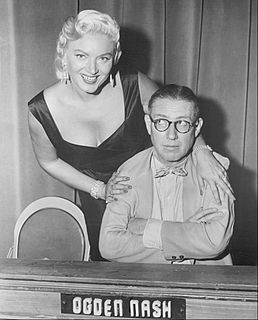A Quote by Anne Roiphe
I think our material is our lives. That's part of being a modern writer, and we have to use it.
Related Quotes
I think there is a modern temper. The authority figures we revered in the past are all up for grabs - they're gone. We are groping for meaning in a world where some of our gods have died. We're asking ourselves, 'Who is our true brother and sister, where is our true home?' The modern tempter is our struggle to lead meaningful lives, and even if we don't believe in religion, we can reach down and hold on to our core values for guidance.
We're all born listeners. And as a result of our modern lives, and living in a world that has less meaning than the natural world that we evolved to hear, we learn to think of listening not as taking in all the information with equal value, which is the definition of true listening. In our modern world, we tend to think of listening as focusing our attention on what is important and filtering out everything else.
Think of a single word. We'll use soul as our example. How do you define soul? Is it the same definition I use? Can it ever be it? My soul is not your soul. Our souls, our definitions, are shaped by the singular and cumulative experiences in our lives, the emotional weight we attach to a concept forever locked in the space behind our own eyes.
A great many people (not you) do now seem to think that the mere state of being worried is in itself meritorious. I don’t think it is. We must, if it so happens, give our lives for others: but even while we’re doing it, I think we’re meant to enjoy Our Lord and, in Him, our friends, our food, our sleep, our jokes, and the birds’ song and the frosty sunrise.
Squandering our gifts brings distress to our lives. As it turns out, it's not merely benign or 'too bad' if we don't use the gifts that we've been given; we pay for it with our emotional and physical well-being. When we don't use our talents to cultivate meaningful work, we struggle. We feel disconnected and weighted down by feelings of emptiness, frustration, resentment, shame, disappointment, fear, and even grief.
Food is such an important part of our lives, and sometimes we tend to diminish the importance of that, because we rely on conveniences or because our lives are so complicated. We forget about those moments that we can actually share around the table with our family, with our friends, with our loved ones.
Schwartz's research suggests something important: we can stretch our personalities, but only up to a point. Our inborn temperaments influence us, regardless of the lives we lead. A sizeable part of who we are is ordained by our genes, by our brains, by our nervous systems. And yet the elasticity that Schwartz found in some of the high-reactive teens also suggests the converse: we have free will and can use it to shape our personalities.

































